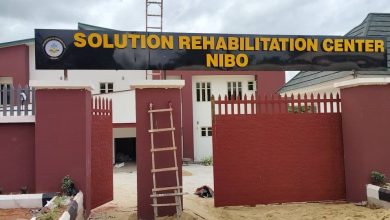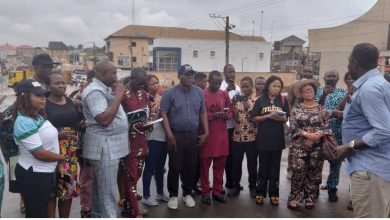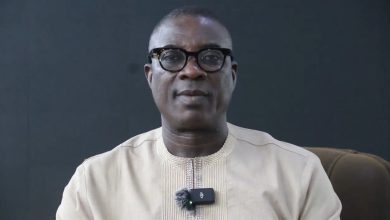Consolidating Gains in Anambra’s Health Sector Why Soludo Deserves a Second Term
When Professor Chukwuma Charles Soludo assumed office as Governor of Anambra State, he inherited a health system weighed down by underinvestment, manpower gaps, and dilapidated infrastructure. Less than four years on, his administration has rolled out a series of reforms and programmes that have begun to reposition the state’s health sector as one of the most vibrant in Nigeria’s Southeast.

The administration’s decision to allocate more than half of the social sector budget to health in 2025 signaled that healthcare was not an afterthought but a priority. That money has been directed to initiatives such as free antenatal care and delivery services in all state government hospitals, a policy that has already benefited tens of thousands of women and is widely credited with reducing maternal and infant deaths. This single intervention has arguably done more to remove financial barriers to maternal care than any previous program in the state.
Beyond financing, Governor Soludo has embarked on an aggressive push to improve infrastructure. Five new general hospitals are under construction in local government areas previously underserved. Over 300 primary healthcare centers are being refurbished and re-equipped to provide better care at the ward level. A trauma center is underway at the state’s teaching hospital, while the new Okpoko General Hospital has become a model for comprehensive community health delivery. These projects are not mere photo opportunities; they are structural investments designed to endure.
Perhaps most transformative has been the recruitment drive. In less than three years, the administration has hired thousands of health professionals, from doctors and nurses to allied staff, and improved entry-level salaries to attract and retain talent. In parallel, performance-based incentives and the introduction of telemedicine are extending the reach of specialists into rural communities, saving patients long journeys and ensuring that healthcare is no longer a privilege reserved for urban dwellers.
These reforms are already earning recognition. Independent assessments have ranked Anambra as one of the top-performing states in primary healthcare delivery nationwide. Public perception has shifted; the once-neglected sector now enjoys a reputation for improved access and quality.
The question before Anambra voters is whether to consolidate or reset. Experience across Nigeria shows how easily progress can be reversed when new governments discard ongoing initiatives or politicize appointments. A second term for Soludo would provide the continuity needed to complete hospital projects, deepen the telemedicine rollout, and entrench performance-based management of the health workforce. It would also ensure that the state reaps the full benefits of the heavy capital outlay already made in the sector.
Critics may point to the scale of the challenges still ahead drug supply chains, disease surveillance, and insurance uptake among them. Yet, for a government that has resisted excessive borrowing, prioritized social spending, and delivered tangible improvements in a relatively short time, there is a compelling case for continuity. The health of citizens is not just another campaign slogan; it is the foundation of productivity and economic growth.
Governor Soludo’s first term has shown what is possible when policy meets political will. A second term offers the opportunity to consolidate the gains and position Anambra as a model for healthcare delivery in Nigeria. For the sake of mothers, children, and communities across the state, the momentum should not be broken.



